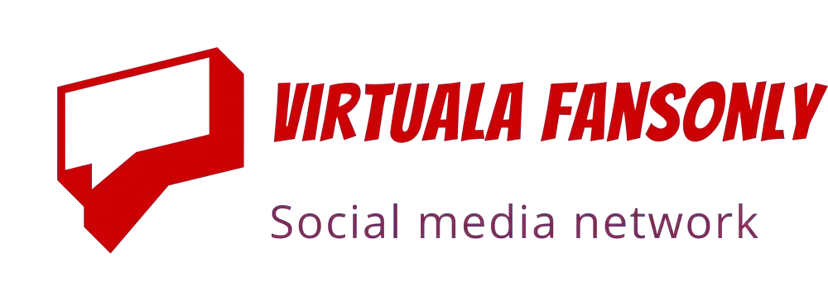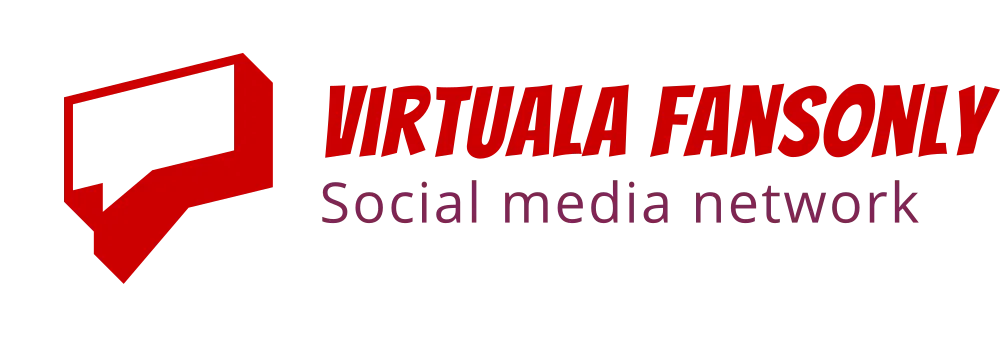Emerging Trends in the Role Based Access Control Market

Market Overview
According To The Research Report, The Global Role Based Access Control Market Was Valued At Usd 8,335.09 Million In 2022 And Is Expected To Reach Usd 26,636.61 Million By 2032, To Grow At A Cagr Of 12.3% During The Forecast Period.
The Role Based Access Control (RBAC) market has emerged as a pivotal component in modern cybersecurity frameworks. With increasing digital transformation across industries, organizations are focusing on secure and efficient management of user permissions. RBAC solutions provide an organized methodology to define user roles and grant access rights based on specific responsibilities, enhancing security while reducing operational complexities. The market is witnessing steady growth due to rising concerns over data breaches, regulatory compliance requirements, and the need for streamlined identity management systems.
What is the Role Based Access Control Market?
The Role Based Access Control market refers to the ecosystem of software and solutions designed to regulate access to digital resources within an organization based on assigned roles. These roles define user privileges, ensuring that employees, contractors, and partners have access only to information necessary for their functions. This approach reduces the risks associated with unauthorized access and internal threats. The market encompasses on-premises and cloud-based RBAC solutions deployed across various sectors such as IT, healthcare, finance, manufacturing, and government organizations.
Key Market Growth Drivers
- Rising Cybersecurity Threats – The increasing frequency of cyberattacks and data breaches is driving enterprises to adopt robust access control mechanisms. RBAC provides a structured way to mitigate risks associated with unauthorized access, ensuring sensitive data remains protected.
- Regulatory Compliance – Stringent regulations like GDPR, HIPAA, and SOX require organizations to implement precise access control mechanisms. RBAC helps companies maintain compliance by ensuring that only authorized personnel can access sensitive information.
- Cloud Adoption and Digital Transformation – With enterprises migrating to cloud environments and implementing digital workflows, the need for secure access management has surged. RBAC enables seamless integration with cloud platforms, supporting hybrid and multi-cloud architectures.
- Operational Efficiency – By automating role assignments and access controls, organizations can reduce administrative overhead and improve operational efficiency. This is particularly critical for large enterprises with complex organizational structures and multiple user groups.
𝐄𝐱𝐩𝐥𝐨𝐫𝐞 𝐓𝐡𝐞 𝐂𝐨𝐦𝐩𝐥𝐞𝐭𝐞 𝐂𝐨𝐦𝐩𝐫𝐞𝐡𝐞𝐧𝐬𝐢𝐯𝐞 𝐑𝐞𝐩𝐨𝐫𝐭 𝐇𝐞𝐫𝐞:
https://www.polarismarketresearch.com/industry-analysis/role-based-access-control-market
Trends Shaping the Future of RBAC Market
- Integration with AI and Machine Learning – Modern RBAC solutions are increasingly incorporating AI to automate role management, monitor access patterns, and detect anomalous activities in real-time.
- Zero Trust Security Models – The shift towards Zero Trust architecture is driving RBAC adoption as it enforces strict identity verification and minimal privilege access across networks.
- Cloud-Native RBAC Solutions – With more organizations embracing cloud-native applications, RBAC solutions are evolving to provide scalable and flexible access control mechanisms that cater to dynamic workloads.
- Identity and Access Management Convergence – RBAC is increasingly being integrated into broader Identity and Access Management (IAM) platforms to provide a unified security framework for enterprises.
Market Segments
The Role Based Access Control market is segmented based on deployment type, organization size, industry vertical, and solution type.
- By Deployment Type – On-Premises, Cloud-Based, and Hybrid solutions. Cloud-based RBAC solutions are gaining traction due to scalability, cost-efficiency, and ease of deployment.
- By Organization Size – Small & Medium Enterprises (SMEs) and Large Enterprises. Large enterprises lead in adoption due to their complex security requirements, while SMEs are increasingly adopting RBAC for simplified compliance and security.
- By Industry Vertical – IT & Telecom, Healthcare, Banking, Financial Services, and Insurance (BFSI), Government, Manufacturing, and Others. The BFSI and healthcare sectors are major adopters, driven by strict regulatory compliance and the need to secure sensitive customer data.
- By Solution Type – Software and Services. Services include consulting, integration, and managed services that assist in seamless deployment and operation of RBAC systems.
Regional Analysis
- North America – North America dominates the RBAC market due to advanced IT infrastructure, stringent data security regulations, and early adoption of cloud-based solutions. Organizations in this region prioritize access control to safeguard critical data and maintain compliance with regional cybersecurity mandates.
- Europe – Europe shows steady growth driven by GDPR compliance requirements, growing awareness of cybersecurity, and investments in cloud-based access management solutions.
- Asia-Pacific – The Asia-Pacific region is witnessing rapid adoption of RBAC solutions due to digital transformation initiatives, increasing cloud adoption, and government focus on data security. Countries such as India, China, and Japan are key contributors to market expansion.
- Latin America and Middle East & Africa – These regions are gradually adopting RBAC solutions as enterprises modernize IT infrastructure and implement robust cybersecurity measures. The market is expanding with the growth of SMBs and cloud service providers.
Market Summary
The Role Based Access Control market is evolving as a crucial component of enterprise cybersecurity strategy. With growing data security concerns, stringent compliance requirements, and the proliferation of cloud and digital services, RBAC adoption is expected to increase across industries and regions. Modern trends such as AI integration, Zero Trust adoption, and cloud-native solutions are shaping the future of RBAC, offering organizations enhanced security, operational efficiency, and compliance management. The market segmentation across deployment types, organization sizes, industry verticals, and regions provides ample opportunities for solution providers to innovate and cater to diverse enterprise needs.
Key companies driving growth in the global Market include:
- Ping
- Imprivata
- Oracle
- CyberArk
- AWS
- Edgile
- Microsoft
- JumpCloud
- SolarWinds
- BeyondTrust
- IBM
- Varonis
- SecureAuth
- ManageEngine
- SailPoint
- Broadcom
- ForgeRock
- and Bravura Security.
Conclusion
The Role Based Access Control Market is expanding due to the growing need for secure, compliant, and efficient identity management in organizations. Increasing cybersecurity threats, regulatory requirements, and adoption of cloud computing solutions are driving market growth. Role-based access control systems enable organizations to manage user privileges, reduce security risks, and enhance operational efficiency. Technological advancements, including integration with AI, analytics, and automation, are further supporting adoption. Enterprises across sectors are implementing robust access policies to safeguard sensitive information. Strategic collaborations, regional expansion, and continuous product innovation are expected to strengthen market competitiveness, ensuring the effective deployment of role-based access control solutions globally.
More Trending Latest Reports By Polaris Market Research:
Nephrology And Urology Device Market
Surgical Planning Software Market





- Live Stream
- Causes
- Crafts
- Dance
- Drinks
- Film
- Fitness
- Food
- Jocuri
- Gardening
- Health
- Home
- Literature
- Music
- Networking
- Alte
- Party
- Religion
- Shopping
- Sports
- Theater
- Wellness
- Art
- Life
- Coding




